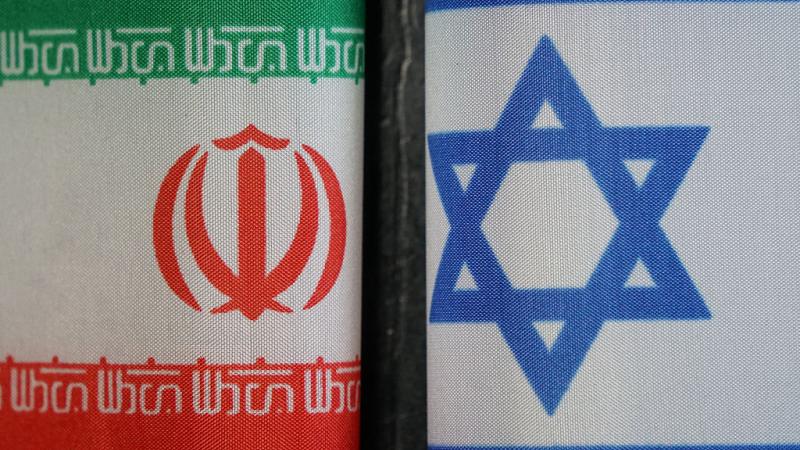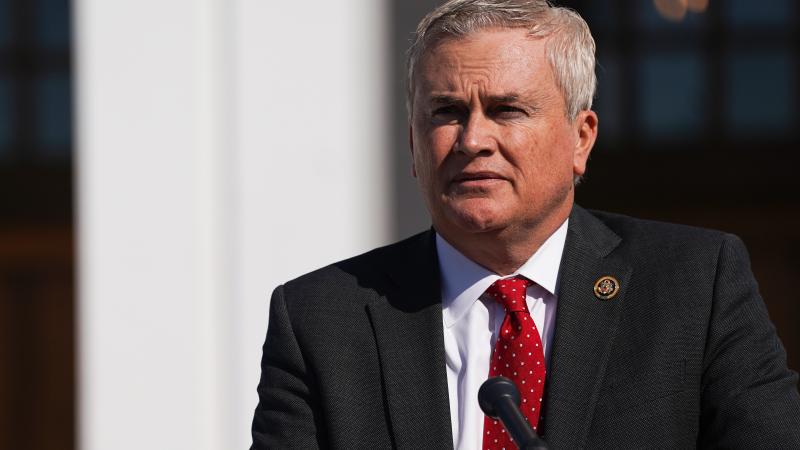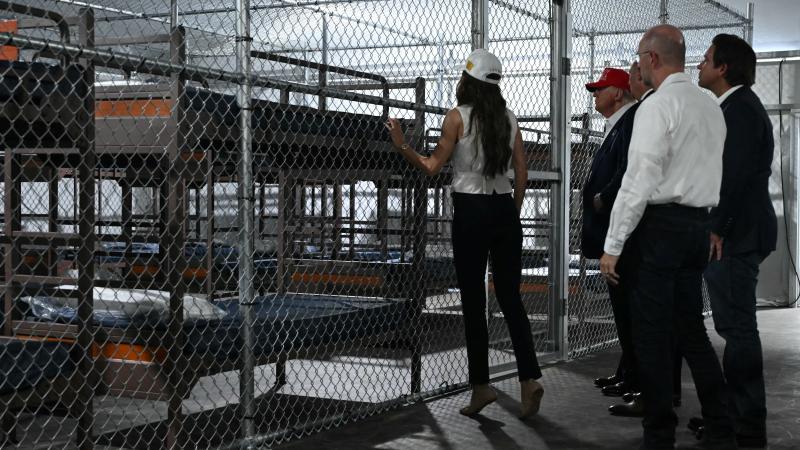Faculty far more tolerant than students, except for young or female professors: national survey
Faculty evenly split on mandatory diversity, equity and inclusion statements, but differ strongly by ideology. Support for "soft authoritarianism" on the rise.
Four-year colleges and universities have become such minefields for free speech that substantial portions of self-identified liberal professors — the overwhelming majority of faculty — fear blowback to their careers and reputations for their expression, according to a national faculty survey commissioned by the Foundation for Individual Rights and Expression.
Faculty are both more tolerant than students on which kinds of controversial speakers should be allowed on campus and more fearful of expressing themselves "on a subject because of how students, colleagues, or the administration would respond," FIRE said.
The survey of nearly 1,500 faculty, performed by Social Science Research Services and sampled from separate faculty lists maintained by a market research firm and FIRE, found limits to tolerance on both sides of the spectrum, however.
Nearly twice as many would support an investigation of a colleague who said all whites were racist (36%) as one who said it was racist to call all whites racist (20%). The figures are closer for quoting black author James Baldwin "using a racial slur" (25%) and a gay Hispanic professor saying "black privilege is real" (18%).
The scenarios are not farfetched. Quoting Baldwin without censoring his use of the n-word has gotten several faculty investigated. A professor who tweeted "black privilege is real" won reinstatement to his tenured position and back pay only after arbitration.
FIRE said its tracking shows internal attempts to sanction faculty have jumped from 78 between 2000 and 2014 to 450 between 2015 and now, with graduate students and other faculty making up an increasing number of attempts historically dominated by undergrads.
The new survey verifies earlier research that "soft authoritarianism" such as "not being hired, promoted, published or included in collegial interactions" is more palatable for faculty than "hard authoritarian tactics" such as firing.
This is concerning because of today's extreme disparity in political orientation on campus, where any conservative expression is likely to be "unpopular and controversial," FIRE said. One in five faculty said their colleagues were less willing to express "unpopular political views on campus" than in the mid-2010s.
"Faculty members complain that they can't speak freely, but they're also turning on each other," Director of Polling and Analytics Sean Stevens said in a press release. "They can't have it both ways."
Small majorities support limiting speech restrictions to situations "where words are certain to incite physical violence" (52%) and oppose students shouting down a speaker in any situation (55%). They are more united against students blocking entry into a campus speech (80%) or using violence for that purpose (92%).
Faculty under 35, however, closely resemble students in their views. Only 37% oppose shoutdowns, 59% blocking and 79% violence. Those percentages for students in a previous FIRE survey: 38%, 63%, and 80%.
When given four examples of controversial speakers, on average, faculty were far more supportive of letting them speak (81%) than students (48%). The lowest percentage of faculty support by speaker was 68% for "Black Lives Matter is a hate group."
Female faculty also resembles students, with under 50% opposing shoutdowns and only 42% limiting restrictions to speech that is "certain to incite violence."
Faculty as a whole are divided near evenly on several issues but show wide gaps by ideological identification. Opinion splits evenly, for example, between those accepting diversity, equity and inclusion statements as a justifiable job requirement and those rejecting them as an "ideological litmus test that violates academic freedom." By contrast, three-quarters of liberals hold the former view and nine in 10 conservatives the latter. Moderates lean toward litmus test (56%).
Fear of losing their jobs or reputation "because someone misunderstands something they have said or done, takes it out of context, or posts something from their past online" is common among conservative faculty (72%) and moderates (56%) but also two in five liberals, for an average of 52%.
A third overall believe they can't express their opinions on a subject because of the expected response, compared to just a fifth of students from the previous survey. Likelihood of faculty self-censorship is most common on social media (45%) and least in academic publications (25%).
The frequency of threatened or actual discipline for faculty is much lower than the fear, however: 11% for their teaching and 4% for their "research, academic talks, or non-academic publications."
















